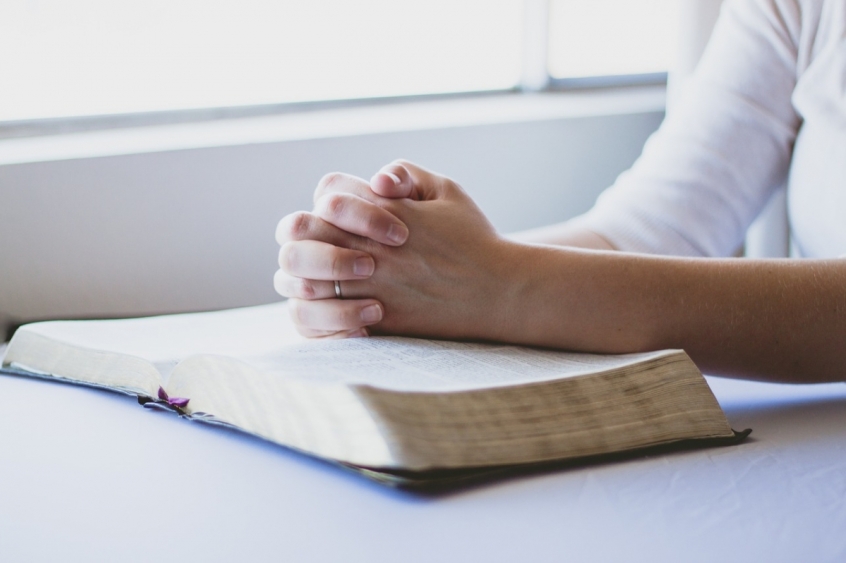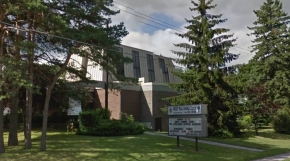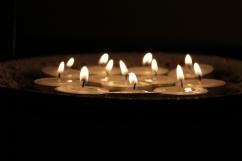
There's a story, which may or may not be true, that in the dark days of the First World War an army chaplain was asked to address troops expecting to attack the enemy trenches the following day. He gave them an impassioned sermon on the battle against sin.
It was all very well, but they were facing a real battle in which they might be killed or horribly wounded, and it wasn't very appropriate.
Sometimes pastors make the same mistake today. They focus on sin to the exclusion of everything else. They have the idea that by self-examination and self-control Christians can defeat sin and live Godly lives.
Dealing with sin becomes about what you don't do. You don't lose your temper, or covet, or engage in sexual misconduct.
The Bible is very clear about Christians' responsibility to avoid sin and do the right thing. But at the same time, it doesn't encourage us to dwell on our faults and failings. It doesn't encourage a minute dissection of our hearts, so that we can identify everything we've ever done wrong. Yes, it's right to be aware of our sinfulness and confess to God and to one another, but the Bible is more practical than that. We are to repent, but then we're to move forward.
Dealing with sin isn't just about what you don't do. It's about positively using the gifts and talents God has given us to live full, rich and transformed lives which are blessings to others.
A flower bed full of weeds is an eyesore. There's nothing more satisfying than an afternoon with a trowel and a hoe, leaving a beautifully cultivated patch of ground with not a dandelion or bindweed in sight. Leave it a fortnight, though, and we all know what happens: the weeds are back, as bad as before.
There's only one way to keep them away for good, and it's to fill the garden with flowers.
Jesus told the story of someone who had a demon cast out of them (Luke 11:24-26). "When an evil spirit goes out of a person, it travels over dry country looking for a place to rest. If it can't find one, it says to itself, 'I will go back to my house.' So it goes back and finds the house clean and tidy. Then it goes out and brings seven other spirits even worse than itself, and they come and live there So when it is all over, that person is in a worse state than he was at the beginning."
He meant that someone who devoted all their spiritual energy to getting rid of the evil in their lives runs the risk of leaving their heart empty. And our minds and hearts are not neutral; there's a bias in us toward wrongdoing which makes us prey to evil.
Living pure and holy Christian lives is about more than battling against sin. We might be successful for a while, but not for long – and God wants more from us than a dry self-righteousness. Instead, he wants us to open ourselves to new experiences, exercise our gifts and practise living grace-fully.
If we focus on other people rather than just ourselves, we'll find that we aren't just being blessed; we're being a blessing.
Follow Mark Woods on Twitter: @RevMarkWoods

















